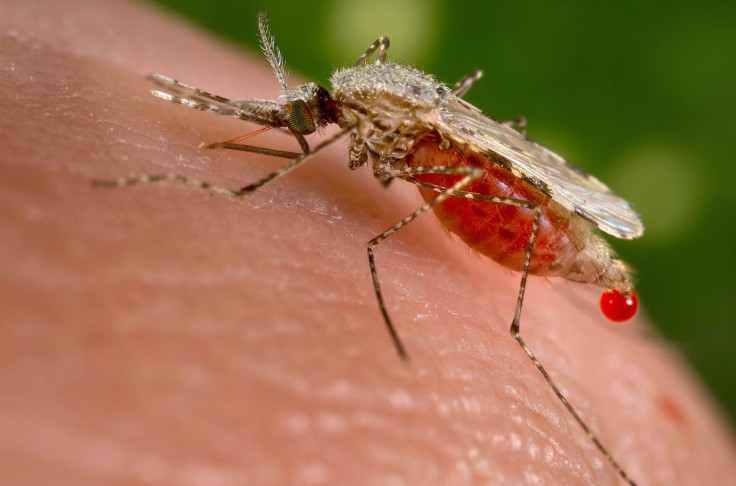Drug resistance a major threat to the world, malaria treatment fails in Cambodia

A latest scientific research has found that malaria treatment has failed in certain parts of Cambodia because of drug resistance. Malaria-carrying parasites have developed resistance towards a major drug in Southeast Asia, which is used to treat the disease
Not only antibiotic resistance in humans, but drug resistance in general seems to be a major concern for health experts around the world. Deadly bacteria containing the mcr-1 gene, resistant to even the “last resort” antibiotic colistin has been found spreading in China and Europe.
According to research published in The Lancet Infectious Diseases journal and produced by the US National Institute of Allergy and Infectious Diseases, even combination therapies for malaria are failing in Cambodia.
“(Treatment) failures are caused by both artemisinin and piperaquine resistance, and commonly occur in places where dihydroartemisinin-piperaquine has been used in the private sector,” said the research.
Drug piperaquine has been the most commonly used drug to treat malaria in Cambodia since 2008 and it is used in combination with another drug artemisinin. Moreover, this combination is one of the few combinations that were effective in treating malaria. The disease is multi-drug resistant and health experts fear that the disease will soon spread in other parts of the world, reports Fox News.
Already five Southeast Asian countries – Vietnam, Thailand, Myanmar, Laos and now Cambodia have found resistance towards drug artemisinin. Cambodia and Thailand have also found resistance to both artemisinin and drugs used in combination with it. To make matters worse, the World Health Organization (WHO) in a report has warned that one in seven people are at risk of malaria in India, reports The Times of India. Almost half of world’s population, about 3.2 billion people are currently at risk of malaria, warns WHO.
The drug resistance situation has reached such panic levels that health experts have urged doctors in areas with drug-resistant malaria to treat malaria patients in hospitals. Experts have suggested that an alternative treatment must be tested as soon as possible comprising a form of artemisinin, artesunate that should be combined with a long-acting partner drug – mefloquine.





















